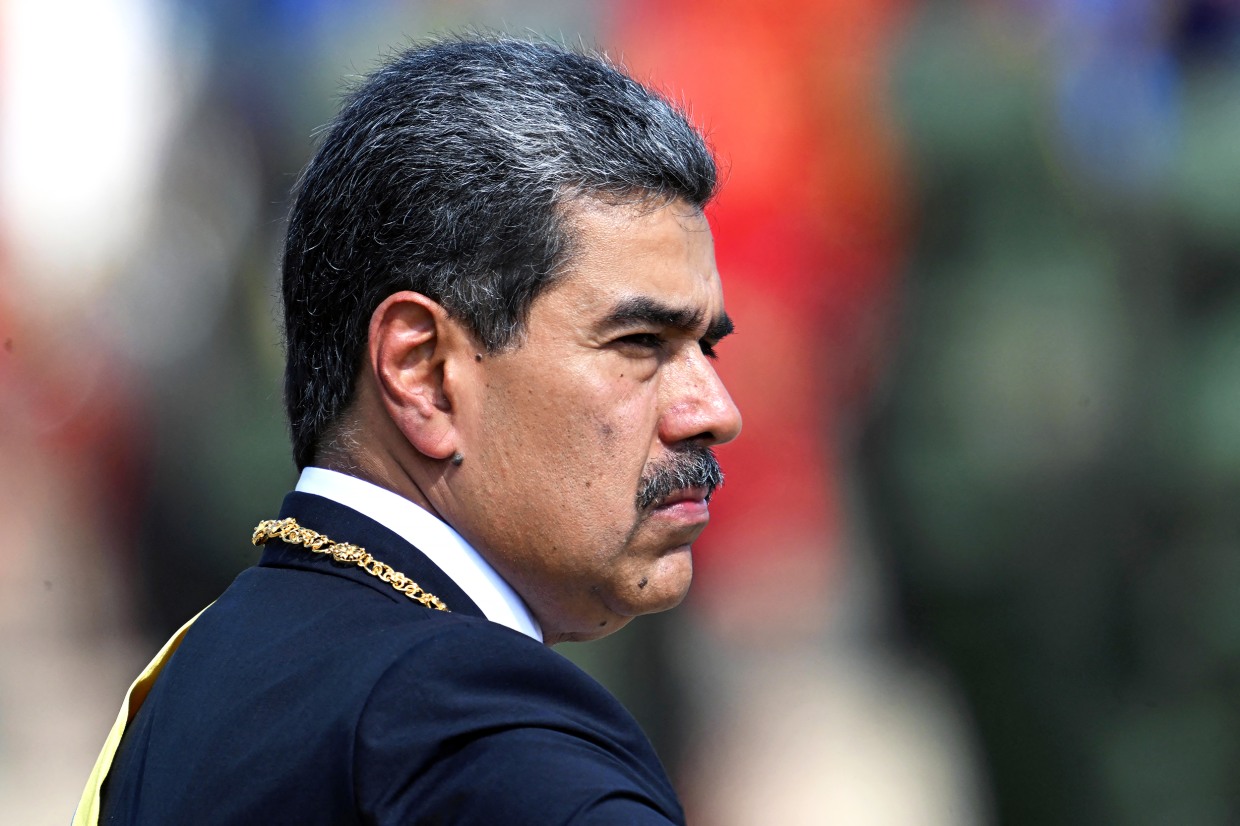The government of the United States has significantly increased the bounty for information leading to the capture of Venezuela’s leader, Nicolás Maduro, elevating the total offer to $50 million. This notable increase in the persistent campaign to bring the South American president to justice on drug trafficking allegations indicates a tougher stance by Washington toward the Venezuelan administration.
The increased bounty comes after years of U.S. investigations alleging Maduro’s involvement in narcotics operations. Federal prosecutors claim the Venezuelan president conspired with Colombian rebel groups and domestic criminal networks to transport massive quantities of cocaine to North American markets. Court documents allege these activities continued while Venezuela faced severe economic crises, suggesting drug trafficking became an important revenue stream for certain government factions.
Legal experts note the unprecedented nature of such a high-profile bounty against a sitting head of state. While the U.S. has previously offered rewards for information on foreign officials, the amount and public nature of this announcement represent a significant escalation in diplomatic pressure. The move follows years of deteriorating relations between Washington and Caracas, including comprehensive economic sanctions and recognition of opposition leader Juan Guaidó as Venezuela’s legitimate president in 2019.
The Venezuelan government has dismissed the charges as politically motivated fabrications, characterizing them as another attempt at regime change by Washington. Maduro’s administration points to Venezuela’s cooperation with United Nations anti-drug programs and questions the timing of the announcement, which coincides with renewed opposition protests and economic difficulties in the country.
Regional analysts suggest the increased bounty reflects frustration with failed diplomatic efforts to remove Maduro from power. Previous strategies including sanctions, support for opposition figures, and international isolation have not achieved their stated objectives. With Maduro maintaining control of Venezuela’s military and security apparatus, the practical likelihood of his arrest and extradition appears remote under current circumstances.
The reward offer raises complex questions about international law and diplomatic protocols. While the U.S. maintains the right to prosecute foreign nationals for crimes affecting American interests, legal scholars debate the implications of targeting sitting heads of state. Some warn such actions could establish concerning precedents in international relations, while others argue they represent appropriate responses to criminal behavior regardless of official position.
Venezuela’s economic crisis continues to deepen, with millions fleeing hyperinflation and shortages of basic necessities. The country sits on the world’s largest proven oil reserves yet struggles with chronic fuel shortages due to crumbling infrastructure and U.S. sanctions. These conditions have created fertile ground for illicit economies, with reports suggesting increased drug production and gold smuggling operations in recent years.
The Trump administration’s Venezuela policy has emphasized maximum pressure through sanctions and diplomatic isolation. Critics argue this approach has worsened humanitarian conditions without achieving political change, while supporters maintain it represents the only viable strategy against an authoritarian regime. The increased bounty suggests continuity in this hardline stance rather than any shift toward engagement or negotiation.
For ordinary Venezuelans, the announcement likely changes little in their daily struggles. With the country’s political stalemate now in its sixth year, most citizens remain focused on survival amid economic collapse rather than distant geopolitical maneuvers. The opposition remains divided, with some factions supporting U.S. actions while others warn they may inadvertently strengthen Maduro’s nationalist rhetoric.
As the crisis in Venezuela persists without a tangible solution, the $50 million reward signifies both a substantial intensification and an acknowledgment of earlier policy shortcomings. Whether this strategy will be more successful than earlier attempts is still unknown, but it certainly heightens the tensions in Washington’s standoff with Caracas.
In the next few months, it will become clear if this daring step provides valuable insights, leads to further isolation of the Venezuelan administration, or just serves as another symbolic act in the ongoing geopolitical deadlock. What appears definite is that the already tense ties between the United States and Venezuela have reached a more adversarial stage with this groundbreaking proposition.

